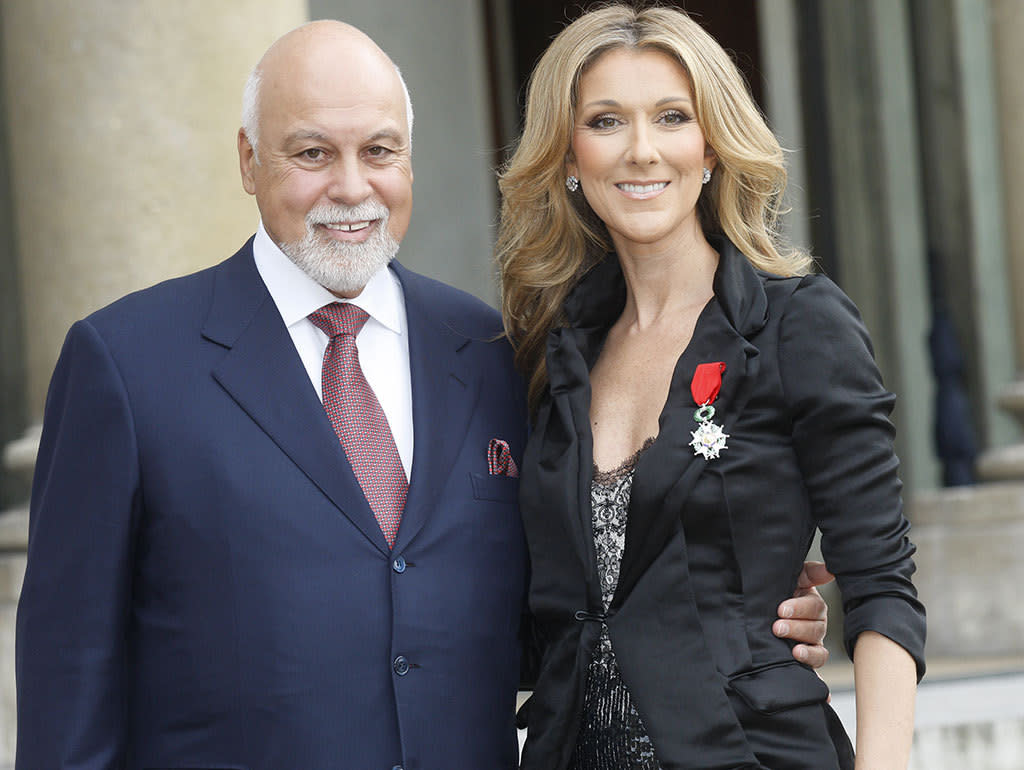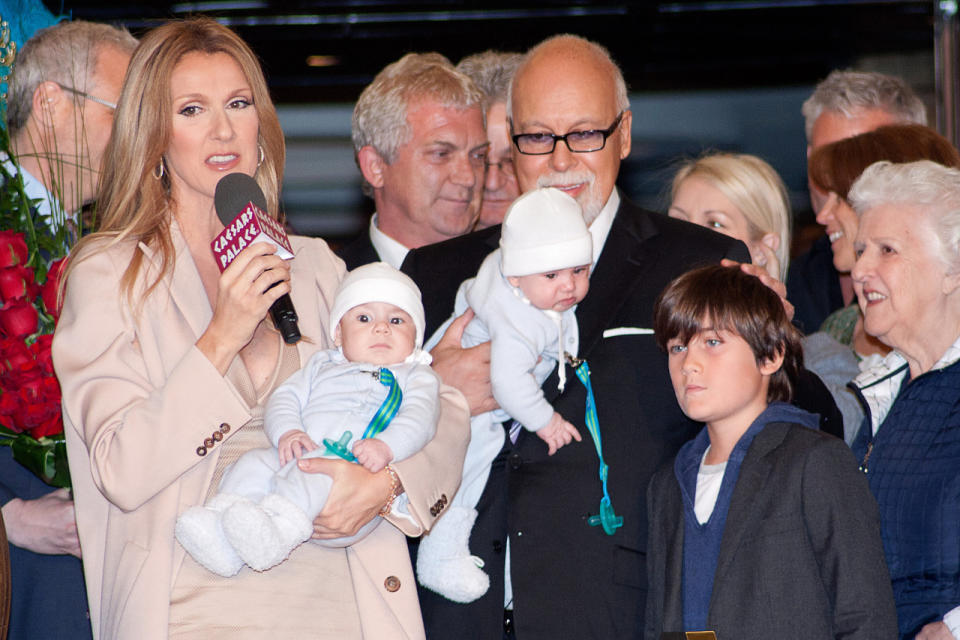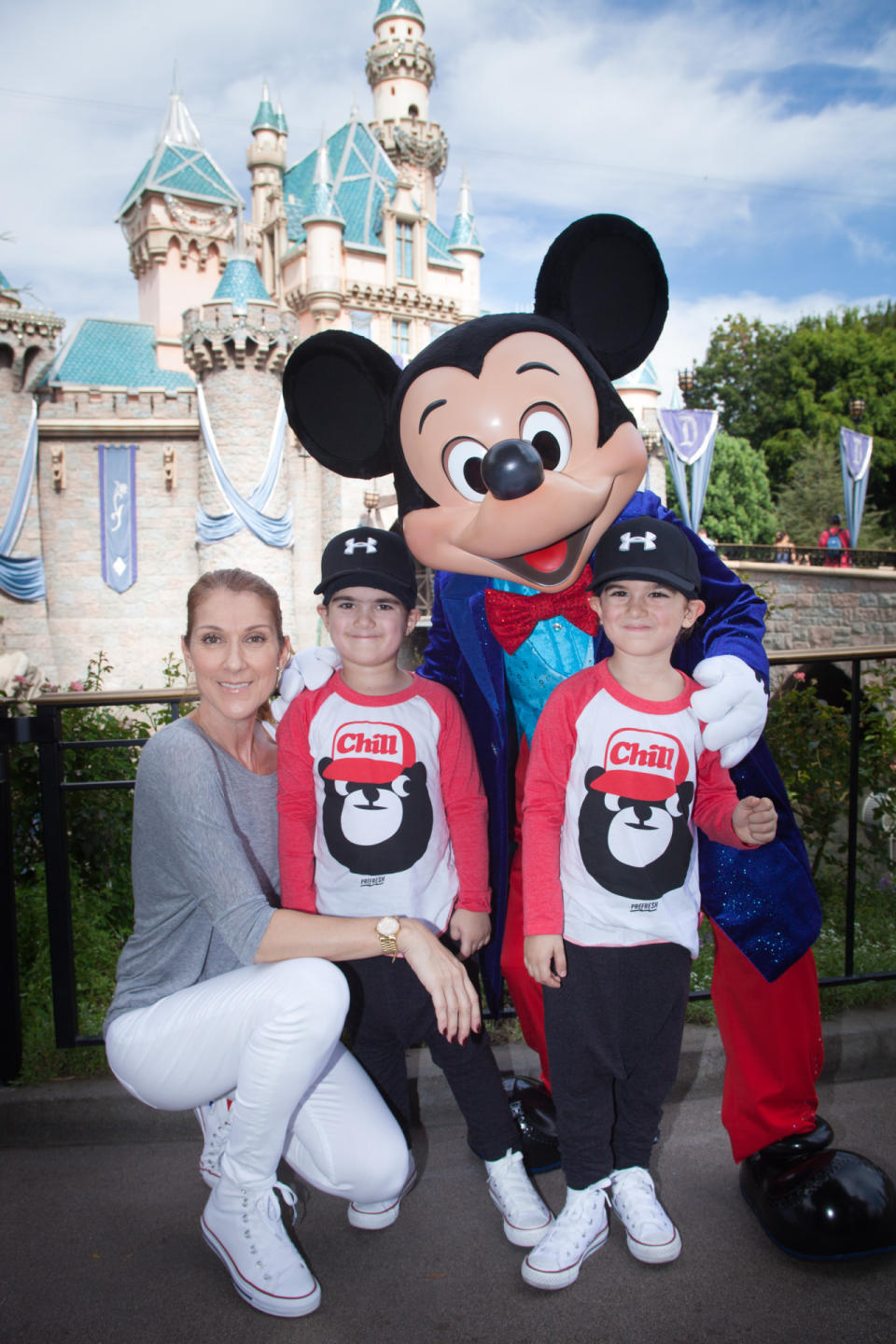Did Céline Dion Have to Be ‘Strong’ for Kids, Late Husband?

After more than 15 years battling throat cancer, singer Céline Dion’s husband and music manager, René Angélil, 73, died on Thursday. In what would be their final magazine photo shoot together last year, Dion, 47, shared her fears with People about having to carry on without her husband and trying to be brave for their three children, René-Charles, 15, and 5-year-old twins Eddy and Nelson. (Angélil had three other kids from two previous marriages.)
STORY: David Bowie’s Death: When a Parent Leaves Kids Behind
“I am scared of losing him, because it’s bad,” she said. “But I have to show myself, my husband, and my kids that I’m strong and we’re OK.”
But do parents need to put on a brave face for both the sick parent and their children? What kind of pressure does that put on the parent who is well? “It is no doubt a terrific burden and challenge to manage all three: the ill parent’s wishes, the child’s needs, and the caregiver’s needs,” Robin Goodman, a clinical psychologist in New York City and executive director of A Caring Hand, an organization that supports grieving families, tells Yahoo Parenting.

Céline Dion with René Angélil and their three children. (Photo: AP)
Goodman says that even if a parent tries to be strong on behalf of their children, kids often know more than they let on, especially in Angélil’s case, where there was a prolonged illness. “They can understand that something is happening,” Ann Rosen Spector, a Philadelphia-based clinical psychologist who specializes in bereavement, tells Yahoo Parenting. “They’ve seen that their father’s health was deteriorating.”
STORY: Meet the Woman Who Guides Parents Through Their Darkest Days
Both Goodman and Spector agree that it’s OK if the parent who is trying to hold everything together isn’t always able to be strong for the kids. Caregivers may fluctuate between bouts of stoicism and sobbing on the floor — and that’s normal, notes Spector. “For children to see their parents upset and cry is human,” she says.

Dion with her twin boys at Disneyland. (Photo: Scott Brinegar/Disneyland Resort/Getty Images)
Adds Spector: “It’s OK for children to see you’re really upset because it’s validating their own feelings, as long as you’re still able to function. Children need to know their needs are still being taken care of. If the parent is, for whatever reason, unable to do that, then they need to bring in other family members as a support system for the children.”
Goodman points out that keeping some sense of normalcy can be very reassuring, such as maintaining the children’s regular routines. “Also, tell them that they are going to be OK and will be taken care of,” suggests Spector. “Tell them, ‘I’m here to take care of you.’”
(Top photo: Thomas Samson/GAMMA/Getty Images)
Please follow @YahooParenting on Facebook, Twitter, Instagram, and Pinterest. Have an interesting story to share about your family? Email us at YParenting (at) Yahoo.com.

